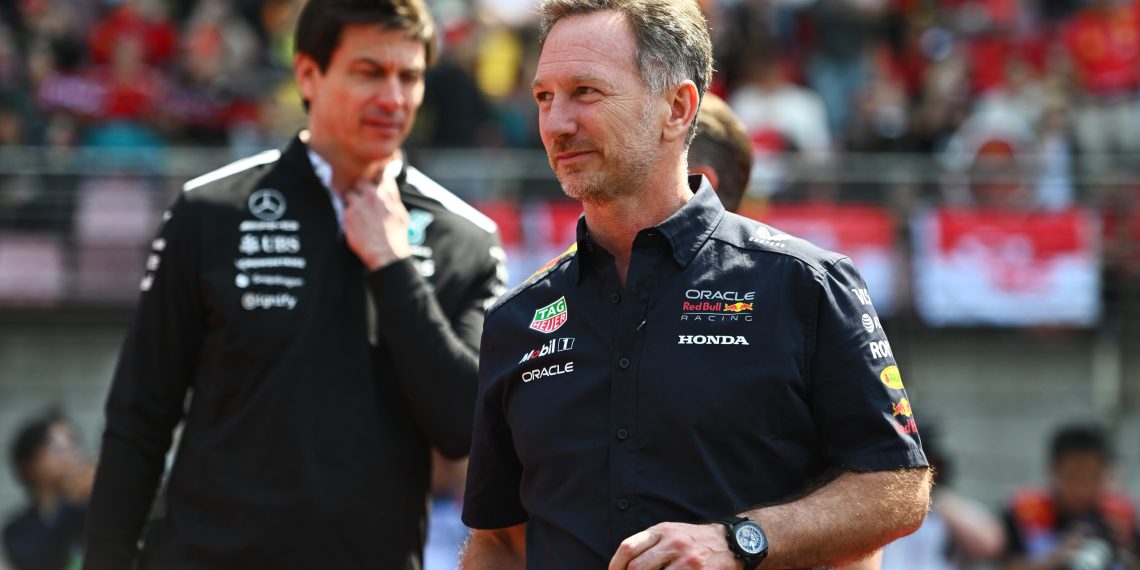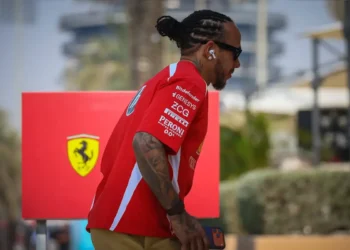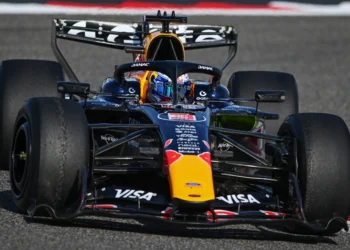Christian Horner, the team principal of Red Bull Racing, has sparked controversy in the Formula 1 world by comparing the ongoing debate about the return of V10 engines to a “Cinderella-like” situation. The discussions about bringing back the fan-favorite naturally aspirated V10 engines have divided opinions in the sport, with some supporting the idea while others believe it’s a romantic but unrealistic notion.
Formula 1, a sport that has seen significant evolution since its inception in 1950, has witnessed advancements in various aspects, including the development of power units with a focus on fuel efficiency and sustainability. The current FIA President, Mohammed Ben Sulayem, expressed his desire to see the V10 engines make a comeback to Formula 1, a sentiment echoed by Horner.
However, Horner pointed out the challenges of implementing such a change, especially considering the already established regulations for the 2026 season. He emphasized the complexity and cost involved in altering the power unit development at this stage, indicating that the sport is too far down the road to make a sudden switch back to V10 engines.
The debate surrounding the future of Formula 1, particularly in relation to power units, has raised questions about the balance between electrification and combustion in the current hybrid engines. Horner highlighted the reliance on chassis performance to compensate for the shortcomings of the existing engine technology, underscoring the need for a strategic and responsible approach to any potential changes.
While the allure of the loud and powerful V10 engines remains strong for many fans and industry insiders, Horner emphasized the importance of considering sustainability and environmental impact in any decisions regarding the sport’s future. The Briton acknowledged the excitement surrounding the prospect of V10 engines returning but cautioned that timing and planning were crucial factors to be taken into account.
As Formula 1 continues to attract a growing global audience, with a notable increase in American viewership, the potential reintroduction of V10 engines could further enhance the sport’s appeal. However, with teams already deep into preparations for the 2026 season, any significant alterations to the regulations would pose a considerable challenge for the stakeholders involved.
The ongoing discussions and debates within the Formula 1 community reflect a mix of nostalgia for the past and a vision for a sustainable and competitive future. While the idea of V10 engines roaring back onto the track may seem like a fairy tale ending for some, the reality of implementing such a change requires careful consideration and strategic planning to ensure the sport’s continued evolution and success.










